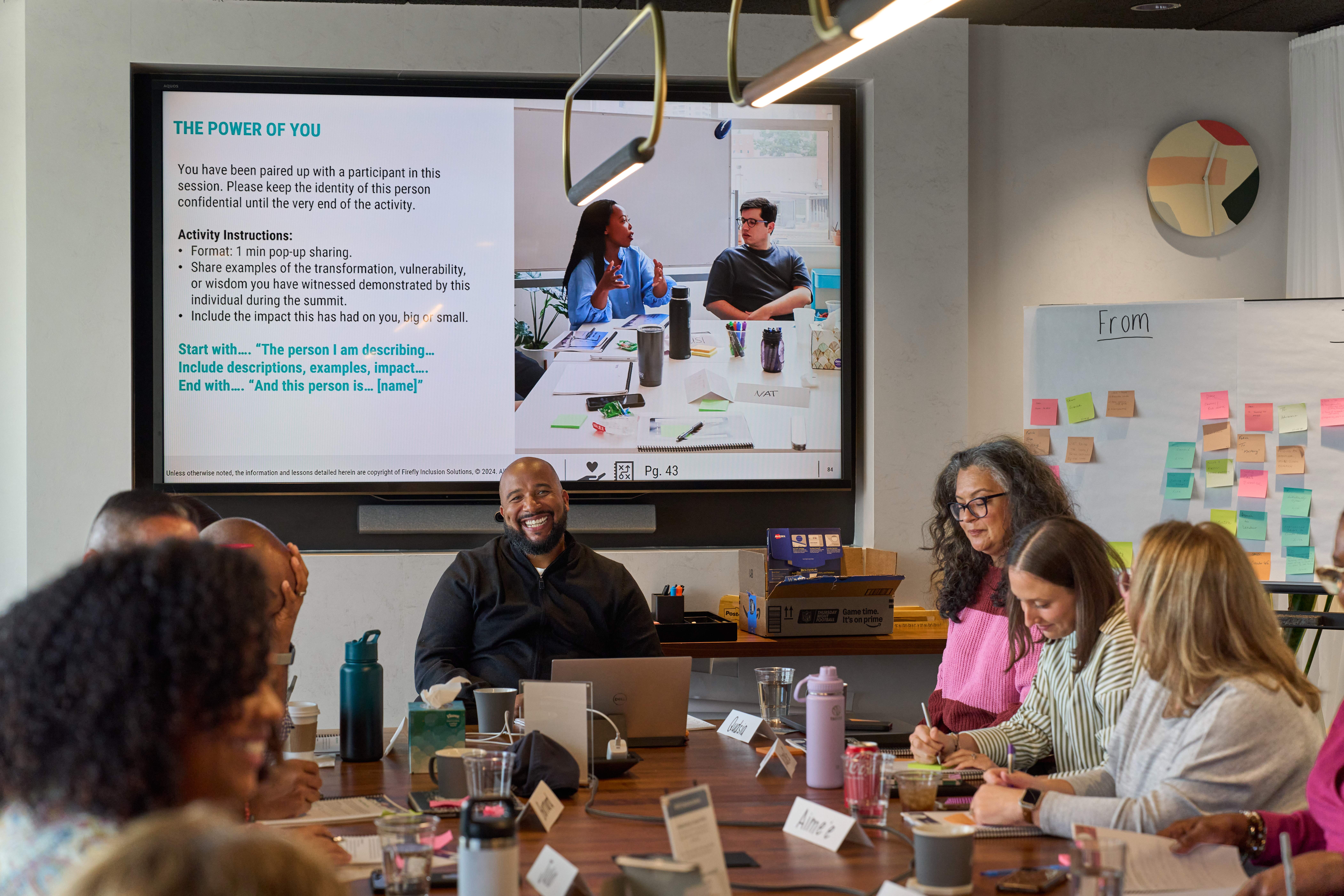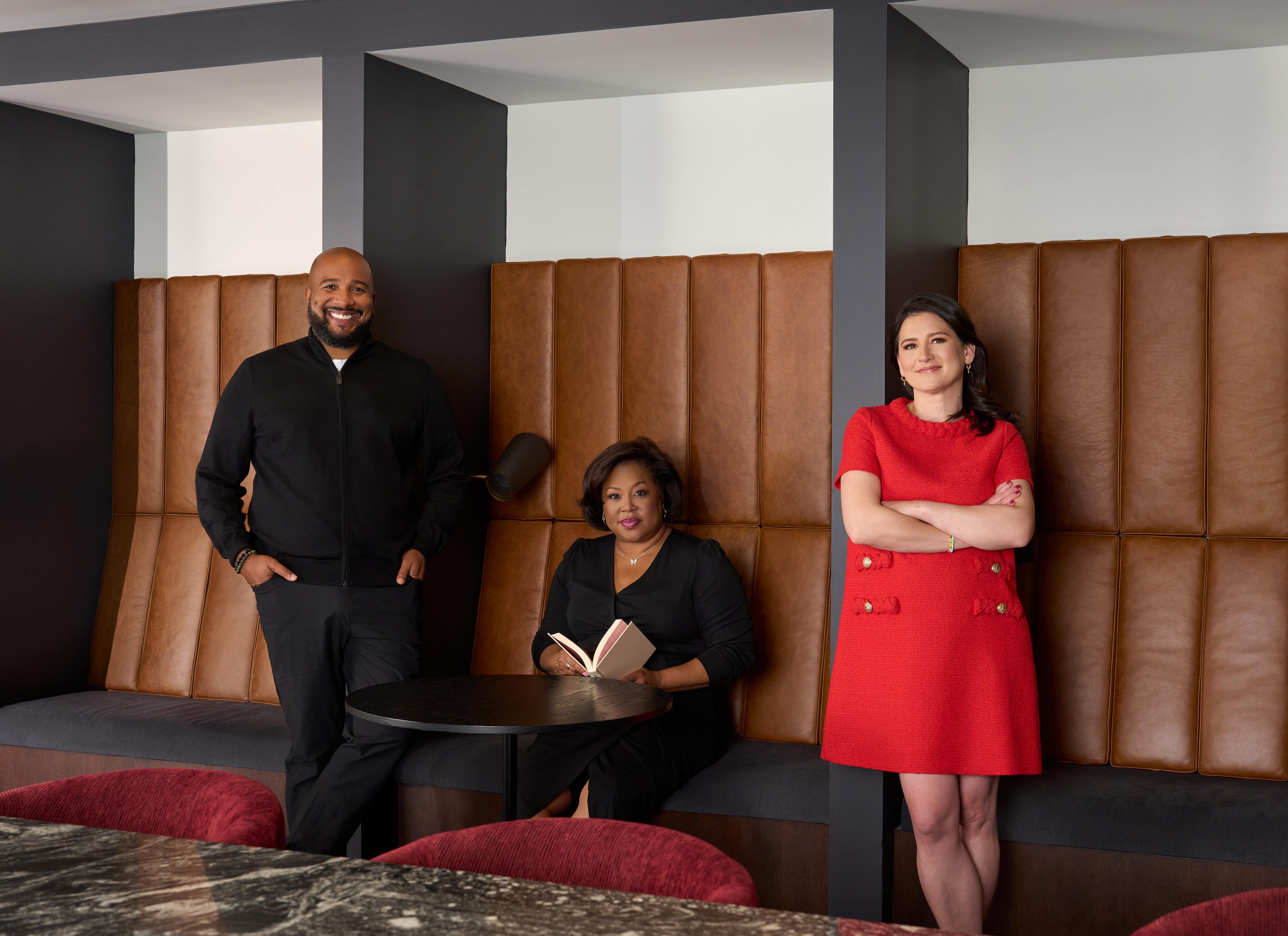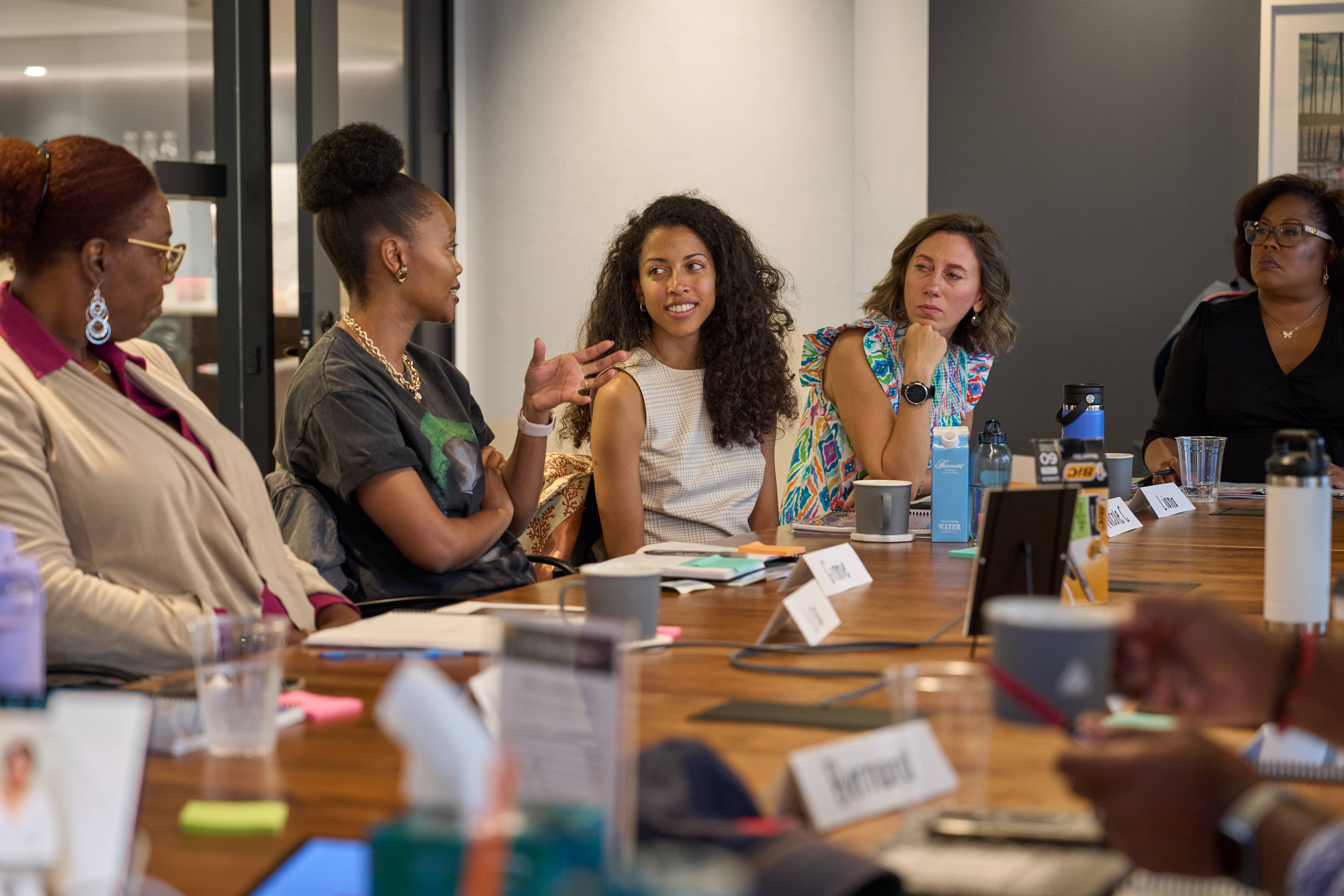In the classic novel, The Wizard of Oz, four characters set out in pursuit of a heart, a brain, courage and a home. They are told that the Wizard can grant them those things, because he is wise, omniscient and omnipotent. Upon meeting the wizard, they are disappointed when he tells them that they must slay the Wicked Witch they are fleeing, in order to be granted their desires. Having no other recourse, they face off with the witch and win. In the very moment when the wizard is supposed to deliver on his promises…they discover his real identity.
He is just an ordinary man, hiding behind a curtain. He is capable of a few clever tricks, nothing more. His real power is his ability to manipulate public perception. Fortunately, they also discover that the heart, the brain, the courage and the GPS home were with them all along. They, the people–had the power.
In June of 2023, the U.S. Supreme Court struck down affirmative action in college admissions by ruling that race could not be factored in the selection process. Immediately, DEI leaders and consultants began to brace for and anticipate what the decision would mean for DEI initiatives in corporations. Many believed that the handwriting was on the wall and the progress most companies had made would be lost or at least, at very serious risk.
As 2024 progressed, it became clear that those fears were not unwarranted. In attempts to appease vocal opponents, in fear of litigation and backlash, major corporations began to renege on their DEI commitments. In 2025, as Trump steps into the role of the 47th President of the United States, many worry that anti-DEI sentiments, policies and agendas could represent an era of going backwards.
The history of Diversity, Equity, and Inclusion (DEI) reflects an evolving journey shaped by societal change and the pursuit of justice. From its roots in the Civil Rights Movement of the 1960s, to the workplace shifts of the 1970s driven by affirmative action and equal employment laws, to the introduction of “diversity” as a proactive business strategy in the 1980s, DEI has continually adapted to meet the moment. Recent decades have expanded the work to include equity, belonging, and justice, propelled by social movements like Black Lives Matter, #MeToo, and global responses to inequities laid bare by the COVID-19 pandemic.
Today, as we stand in a time of uncertainty—with Supreme Court rulings and political shifts challenging progress—this is not the moment to retreat. It is, as always, the moment to evolve. Just like in The Wizard of Oz, we are reminded that the power to move forward lies not in a mythical external force but in our collective courage, wisdom, and resolve.
We must remember that:
1. A few loud voices don’t represent the masses.
It would be naive to dismiss the bankroll and power behind some of DEI’s loudest critics and opponents. But the truth is that while they have the dollars and the bullhorn, most people, regardless of political affiliation, still recognize the need for focused and intentional efforts around addressing inequity and building inclusion. It may appear that most people are pushing back on DEI efforts. But the data reveals something different–the majority of people still support the work and mission of DEI.
2. Litigation is inevitable.
Throughout history, the battle for equality has been fought on many fronts. While we cannot legislate morality, goodwill, acceptance or force transformation, the law has always been one of the primary tools used in the pursuit of civil rights. While some companies have begun pulling back on their DEI commitments, and critics attempt to mischaracterize the work as divisive or unnecessary, the truth remains: DEI is about building systems of trust, purpose, understanding, collaboration, value-creation, innovation, and opportunity. These principles are not trends—they are enduring necessities. Companies that have previously committed to DEI practices, should not back away from them if they have seen the benefits. Those left unprotected by anti-DEI efforts will hold the companies who failed them accountable. DEI helps to address bias, hostile environments and other discriminatory practices. Turning away from these efforts puts the majority of America at risk.
3. We must change the conversation.
In a recent statement, a former press secretary for Jill Biden stated, “Opposing DEI initiatives does not make you a white supremacist. Conversations and demonization like this are a big part of the reason we got our a–es kicked. The answer to extremism is not more extremism.”
Admittedly, there have been some poorly executed and designed DEI programming that led to greater divides, rather than connection. Unfortunately, blame, shame and resistance superseded understanding and patience, giving rise to cancel culture. But the answer is not silencing the conversation. We must create spaces and have conversations that center human dignity for everyone. One way Firefly has bridged this gap is through programs such as Building Trust, which highlight the importance of understanding our differences in order to cultivate a culture where people feel understood and seen on fundamental levels.
Eliminating DEI programming won’t solve organizational challenges. It won’t improve employee engagement, enhance trust, or strengthen connection to the market. Instead, it drives deeper misunderstandings, fosters cultures of scarcity and mistrust, and diminishes team performance. DEI is not just an initiative—it is a strategic imperative to unlock the full potential of people and organizations alike.
This moment requires that we deepen our resolve, sharpen our strategies, and push forward with intentionality and hope. We are the stewards of this work, and history has shown us that meaningful change often emerges in the face of the greatest resistance. As we continue into 2025, a “from-to” mindset shift is needed to ensure our mission’s relevance isn’t politicized or marginalized with changing administrations and times. We must move from “scripted characters” to “authors of our destiny.” There is no wizard to grant our wishes—only ordinary humans, willing to take extraordinary action.
Paragraph



